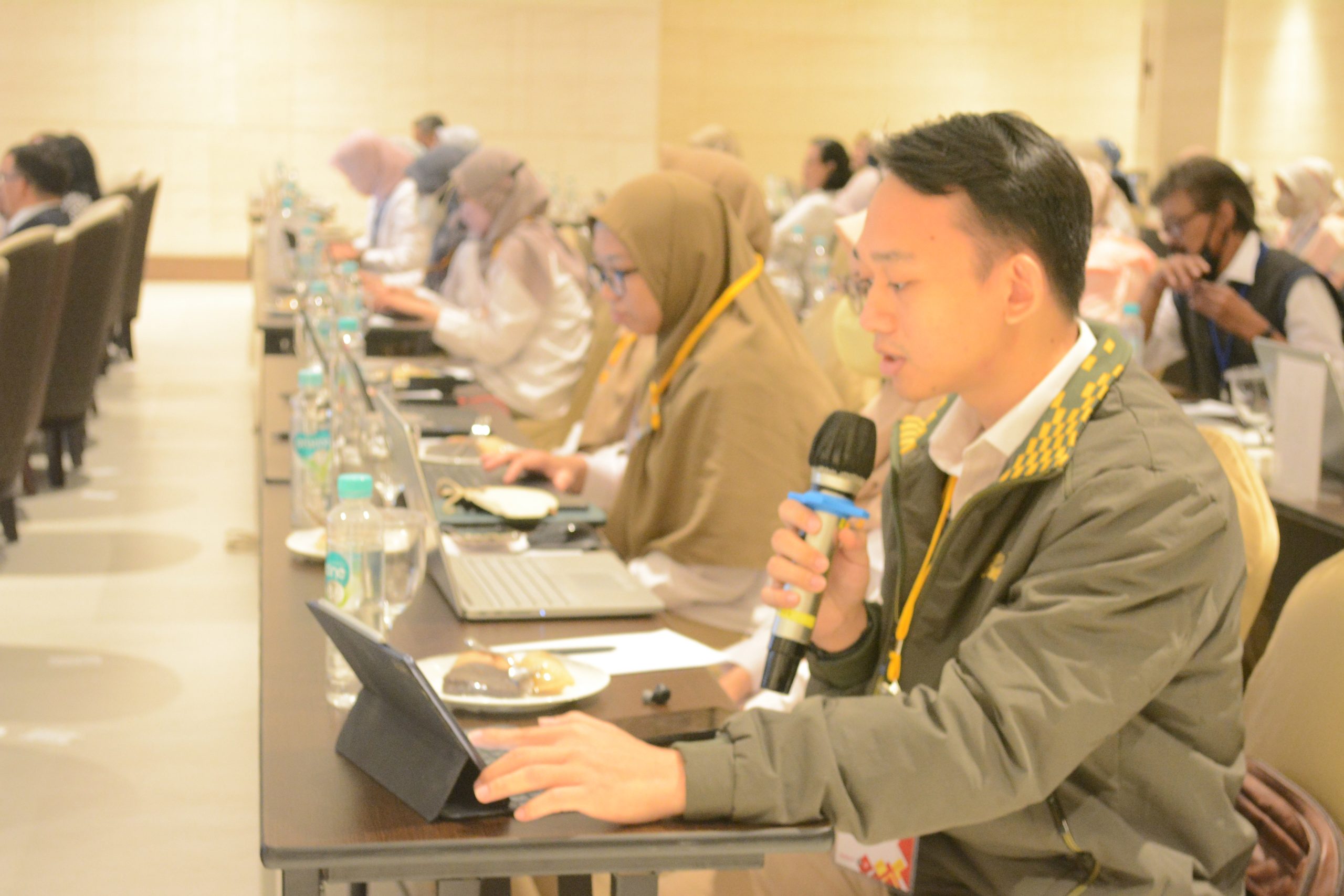Blood
Ensuring availability and safety of blood and blood products in Indonesia
Plasma-derived medicinal products (PDMPs) are manufactured from human blood plasma, involving the purification of human blood to extract therapeutic proteins. These PDMPs have diverse therapeutic uses, serving as raw materials for various plasma proteins that treat rare conditions, from bleeding disorders and inhibitor deficiencies to immunodeficiencies.
However, Indonesia relies on imported PDMPs due to the absence of local capacity for plasma fractionation. This can have a significant impact on patients in Indonesia, leading to accessibility and availability issues for critical PDMPs, potential delays in treatment, or higher healthcare costs.
The national blood service is run by blood centres under the Indonesian Red Cross (IRC-BC) and government hospital-based blood centres (HBC). Currently, there are 19 certified IRC-BCs and one certified HBC with the capacity to collect around 200 litres of recovered plasma.
Credits: BPOM
The WHO Achilles project, previously operational in South Africa and Indonesia from 2011 to 2013, aimed to enhance safe blood product availability and reduce infectious disease transmission risk in developing countries. Revived in 2022, it now aids the introduction of safe plasma protein products (PPPs) in low- and middle-income countries (LMICs), aligning with Indonesia’s efforts to strengthen its blood regulatory framework for pharmaceutical resilience. The Indonesian FDA (BPOM) oversees national blood product quality and enforces national Good Manufacturing Practice (GMP) standards for blood establishments.
With the support of WHO through the revived Achilles project, stakeholders from IRC, the Ministry of Health (MoH) and BPOM agreed to collaborate to better ensure the safety and availability of blood and blood products in Indonesia.

Credit: PMI
The second workshop was conducted in collaboration with National Control Laboratory for Biological Products of BPOM to strengthen the country’s oversight capabilities concerning PDMP quality . Renowned experts from organizations such as the IRC, Paul Ehrlich Institute (Germany), Ministry of Food and Drug Safety (Republic of Korea), and Therapeutic Goods Administration (Australia) provided invaluable insights. Participants increased their knowledge and as a next step plan to develop a roadmap for PDMP testing and control in Indonesia. Notably, this workshop extended its impact beyond Indonesia, welcoming representatives not only from the Indonesian FDA but also regulators from Thailand, Ghana, Kenya, Maldives, Nigeria and Seychelles, underscoring the collaborative spirit of this global initiative.
While Indonesia currently remains reliant on imported PDMPs, the Indonesian FDA continues to build its regulatory capacity for these vital products. With support from WHO’s global 2023 Achilles project, Indonesia is expected to commence the establishment of the local plasma fractionation programme in 2024. Through this initiative, Indonesia works to ensure sustainable access to safe and reliable blood and blood products, fostering a more resilient health system and improving the overall quality of healthcare in the country.
***
Written by Liyana Rakinaturia, National Professional Officer for Essential Medicines, WHO Indonesia

